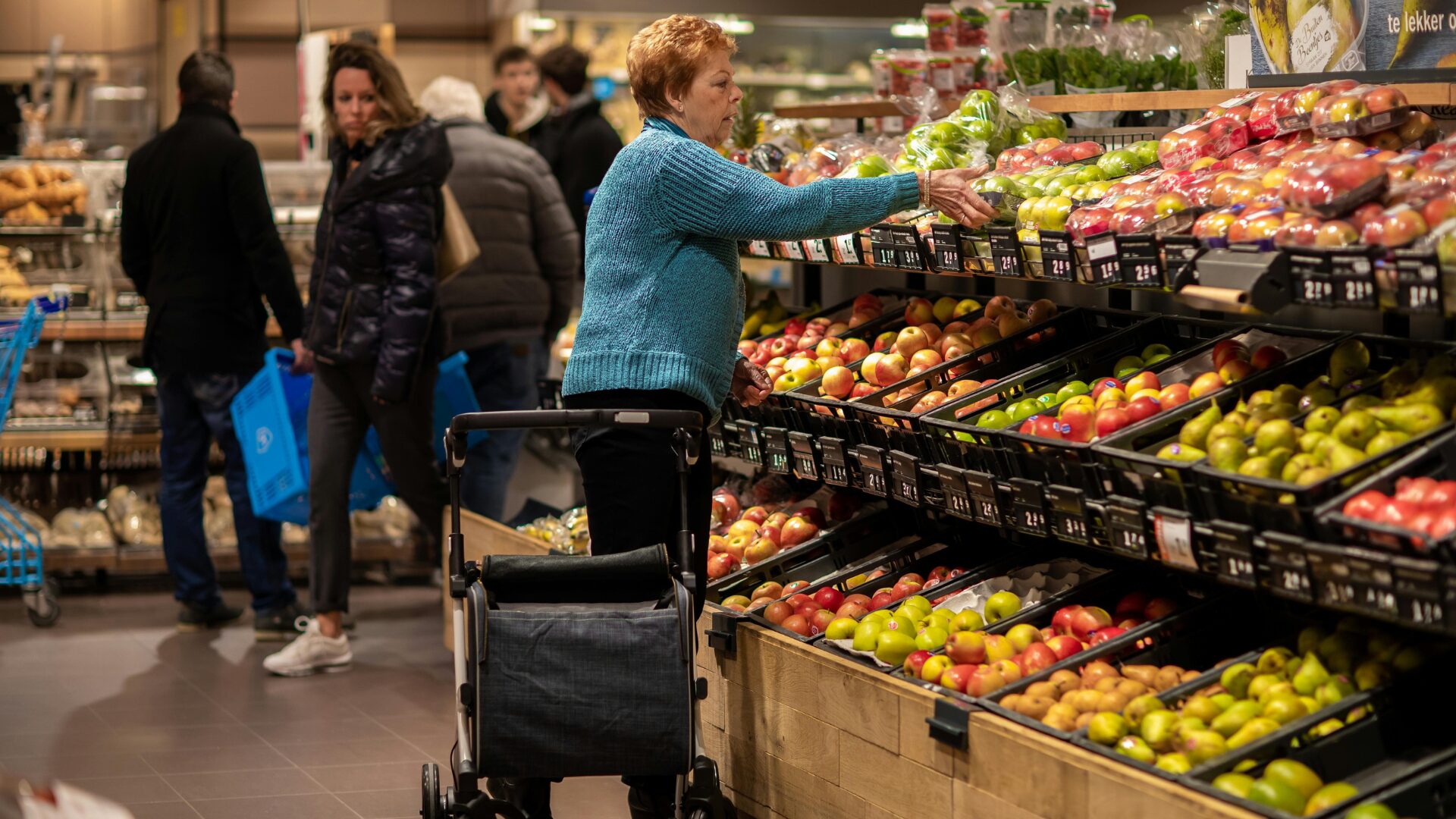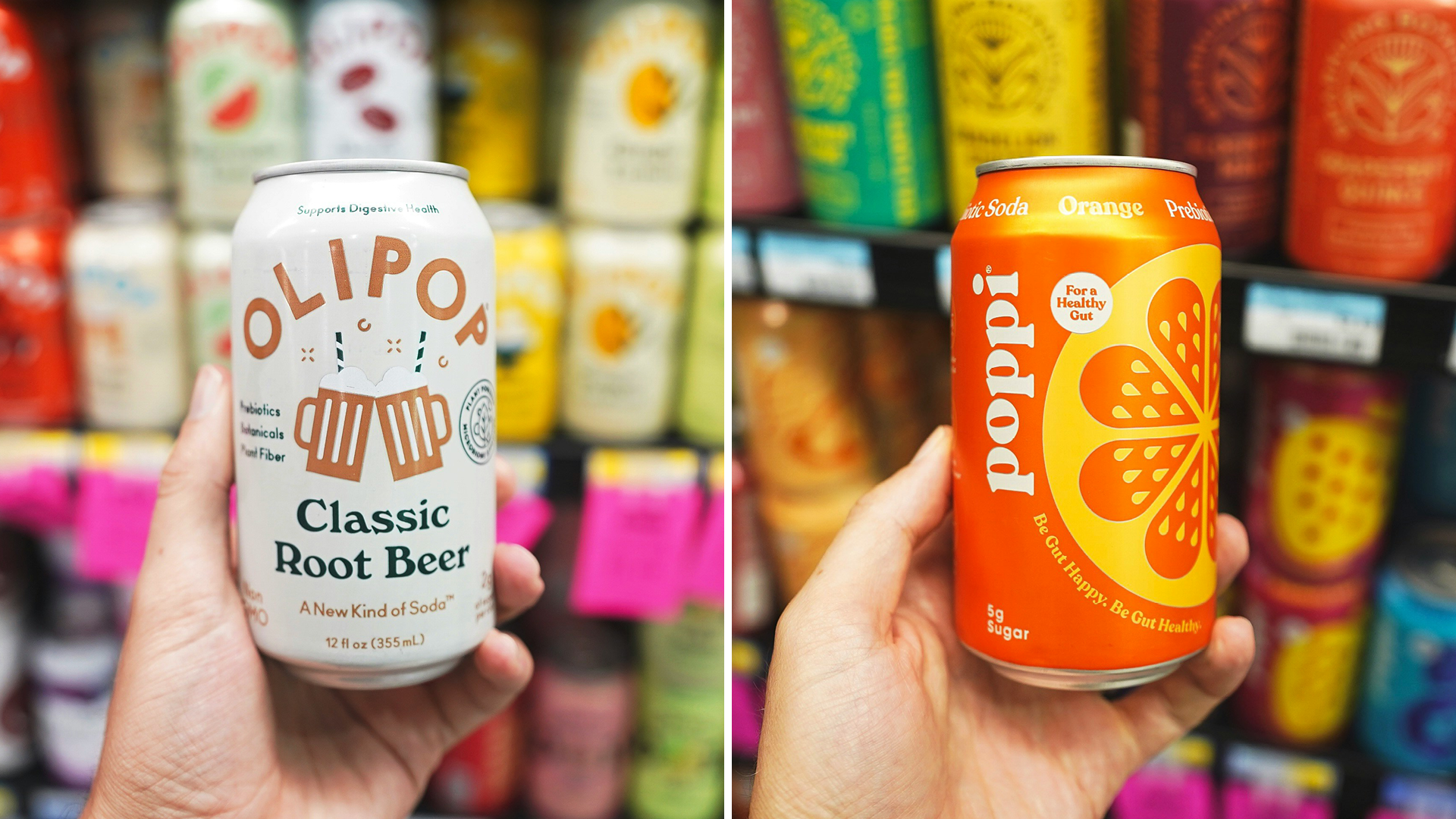Coop, one of Sweden’s largest supermarket chains, was forced to close some 500 stores due to an ongoing cyberattack affecting organizations around the world, reported BBC (July 4).
Though the supermarket itself was not targeted by the hackers, its point-of-sale and self-service checkouts stopped working. It is one of a growing number of organizations affected by an attack on Florida-based software supplier Kaseya. Investigators say about 200 businesses have been hit.
The hack targeted Kaseya before spreading through corporate networks that use its software, according to cyber-security firm Huntress Labs. The U.S. Cybersecurity and Infrastructure Agency said in a statement that it was taking action to address the attack and urged users of the Kaseya software to shut it down.
LINK TO JUNE JBS CYBERATTACK
Huntress Labs believes that Russia-linked ransomware gang REvil, also known as Sodinokibi, was responsible. The gang was also blamed by the FBI for a hack in May that hit JBS, the world’s largest meat supplier.
The cyberattack forced all of JBS’s U.S. beef plants, which account for almost a quarter of American supplies, to shut down. The attack also forced shutdowns at slaughter operations across Australia and idled one of Canada’s largest beef plants.
The plans soon came back online, but JBS later admitted it had paid $11 million in ransom to the hackers, reported NPR (June 5).
THE FOOD INDUSTRY TAKES A CLOSER LOOK
Since May 2020, there have been more than 40 publicly reported ransomware attacks against food companies, according to Allen Liska, senior security architect at cybersecurity analytics firm Recorded Future, Bloomberg reported.
Following the JBS attack, John Hoffman, a senior research fellow at the Food Protection and Defense Institute at the University of Minnesota, says he’s been receiving a wave of inquiries about cybersecurity from industry executives who previously were inclined to disregard his warnings.
According to Hoffman, many food companies’ computer systems are vulnerable. “If you go to factory floors around this country, you’re going to find a wide range of outdated software still being used, and computer devices that aren’t secure,” he told NPR.
Hoffman has been pushing for the government to enforce computer security standards in the food industry the same way it enforces food safety standards. Currently, the regulations do not explicitly address cybersecurity.












